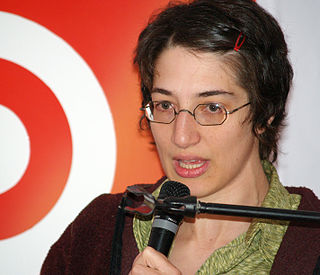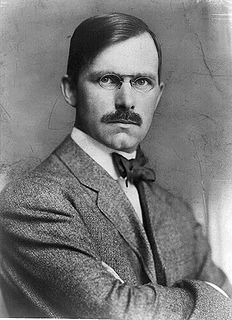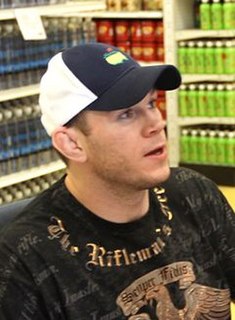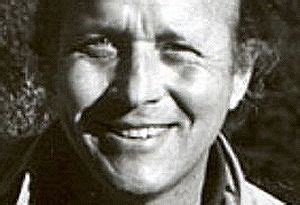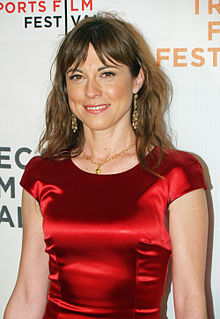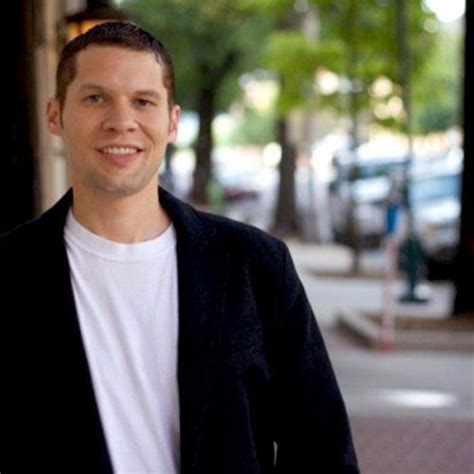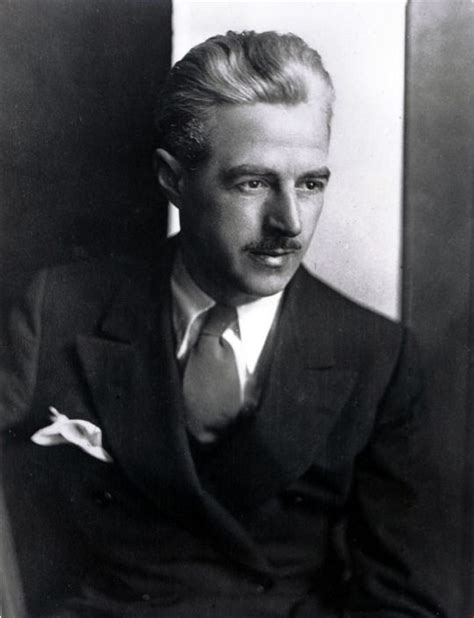A Quote by Michael Chabon
Along the way, he or she discovers that the world has been broken for as long as anyone can remember. Everyone, sooner or later, gets a thorough schooling in brokenness.
The question becomes what to do with the pieces?
Related Quotes
Sooner or later, the ones who told you that this isn't the way it's done, the ones who found time to sneer, they will find someone else to hassle. Sooner or later, they stop pointing out how much hubris you've got, how you're not entitled to make a new thing, how you will certainly come to regret your choices. Sooner or later, your work speaks for itself. Outlasting the critics feels like it will take a very long time, but you're more patient than they are.
If you have a little inteligence, sooner or later the question is bound to arise: What is the point of it all? Why? It is impossible to avoid the question for long. And if you are very intelligent, it is always there, persistently there, hammering on your heart for the answer: Give me the answer! - Why?
Sooner or later in life everyone discovers that perfect happiness is unrealizable, but there are few who pause to consider the antithesis: that perfect unhappiness is equally unattainable. The obstacles preventing the realization of both these extreme states are of the same nature: they derive from our human condition which is opposed to everything infinite.
My mother is a big fan of precision, and tries her best to maintain it. Unfortunately, her own incompetence gets in the way. Dinner is served, except when a can won't open. That's the way she is: fine unless something goes wrong and that minor obstacle becomes a huge wall she can't scale. She becomes helpless whenever things don't go smoothly, or exactly as she imagined them.

